The Firoz Lalji Institute for Africa conducts world-leading research across social science disciplines in collaboration with local partners on the continent. Learn about our projects below.
To stay updated with the Institute's latest research, please subscribe to our monthly newsletter.
Centre for Public Authority and International Development (CPAID)
Understanding the policy implications of public authority

Hosted at the Firoz Lalji Institute for Africa, CPAID is at the forefront of cutting-edge interdisciplinary research designed to strengthen knowledge about how governance in impoverished, marginal and/or conflict-affected places actually functions.
Read more here.
Public Authority and the Governance of Informal Cross-Border Trade in Eastern DRC
Informal trade in border towns.
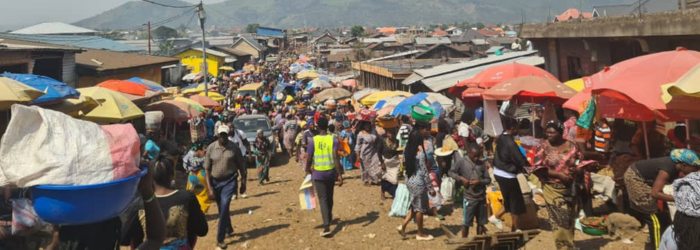
Jonathan Bashi's research seeks to highlight the importance of designing good trade policies that take into account informal trade flows, which may allow these trade flows to be brought under the umbrella of regional trade policies. The project focuses on the case study of small-scale cross-border traders in Eastern DRC to explore the challenges faced in the governance of informal cross-border trade in the region.
Read more here.
African Trade Policy Programme
Leverage trade as a vehicle for inclusive development
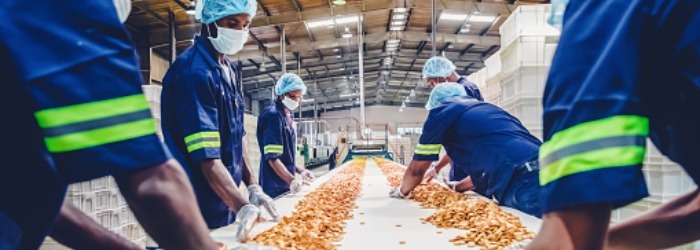
The African Trade Policy Programme brings together international expertise to evaluate and contribute to trade policies that can help African countries better leverage trade as a vehicle for inclusive development. The Programme team has extensive experience in working with countries, development partners and international organisations across trade policy research, design, innovation and implementation.
Read more here.
China-Africa Initiative
Exploring deepening economic interconnectedness between China and Africa
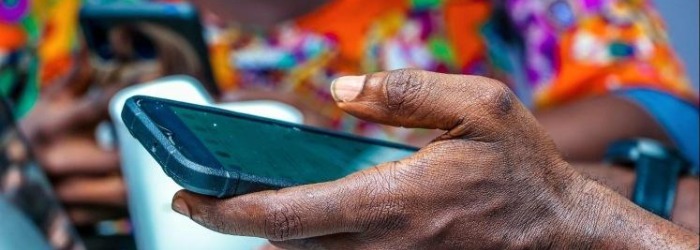
China is Africa’s largest investor, biggest trading partner, preeminent digital services provider and increasingly a soft power influencer. It is clear that China’s role in Africa’s future will be both complex and enduring.The China-Africa Initiative will investigate these issues while actively contributing to LSE's student-led programmes and the Programme for African Leadership, broadening China-Africa research projects across LSE and globally.
Read more here.
Periscope
Understanding the response to COVID-19 and enhancing preparedness for future pandemics
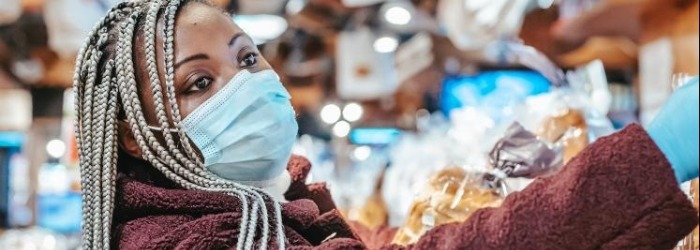
PERISCOPE is a large-scale research project involving a consortium of 32 European institutions to investigate the social, economic, behavioural and mental health-related aspects of the COVID-19 pandemic. Hosted by the Firoz Lalji Institute for Africa, the wider PERISCOPE team includes LSE faculty members across the Department of Economics, Department of Anthropology, Department of Health Policy, Department of Social Policy and the LSE Behavioural Lab.
Read more here.
Safety of Strangers
Understanding the realities of humanitarian protection
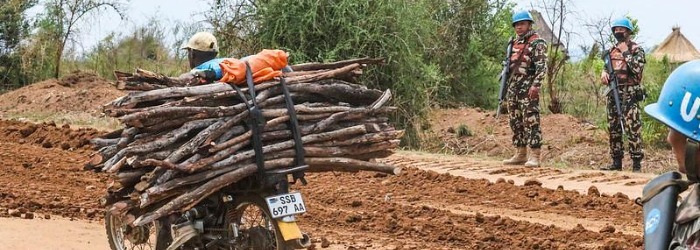
The Safety of Strangers project investigates the impact of local protection mechanisms in South Sudan and its borderlands, which has been a primary site for testing humanitarian protection. The research includes disciplinary approaches including anthropology, history, theology, ethnomusicology and curatorial studies, with training and mentorship of early-career scholars in South Sudan and Uganda central to its impact.
Read more here.
Datafication and Digital Rights in East Africa
Exploring public communications and the informal economy in Kenya, Ethiopia and Somalia
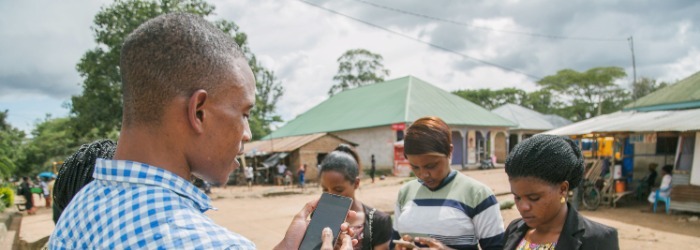
People’s daily lives in East Africa are increasingly mediated through digital platforms. The Datafication and Digital Rights project seeks to understand these changes in Kenya, Ethiopia and Somalia by focussing on everyday experiences and economic activity, particularly how digitisation and datafication are reshaping public communications and the informal economy.
Read more here.
Living the Everyday
Health-seeking in times of sickness and epidemics at Uganda's borders
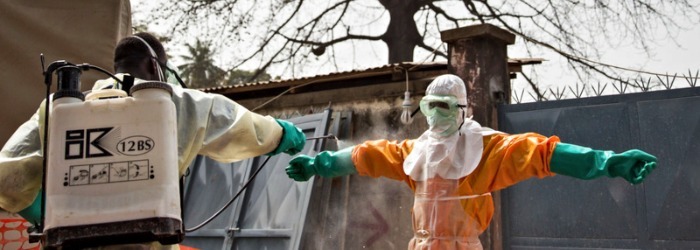
Based in the West Nile sub-region of Uganda, Living the Everyday will conduct research on the borders of Uganda-DRC and Uganda-South Sudan, where international attention has focussed on Ebola-preparedness efforts. The project employs the FLIA's Institute’s extensive interdisciplinary expertise in the region while developing new partnerships to provide much-needed perspectives on health-seeking.
Read more here.
Ethnographies of (Dis)Engagement
Understanding vaccine rejection in chronically neglected communities across the G7

Ethnographies of (Dis)Engagement explores orientations towards COVID-19 vaccines among social groups who have reported some of the lowest rates of vaccine uptake across the G7 and globally. The research is based on Roma collectives living across Italy, migrants in Rome and at Italy’s border, and African diaspora communities in Canada. The project directs contextualised evidence and methodologies to practical solutions within and beyond selected case studies.
Read more here.
Historical and Political Dynamics of the NGO Sector in South Sudan
Informing the localisation agenda
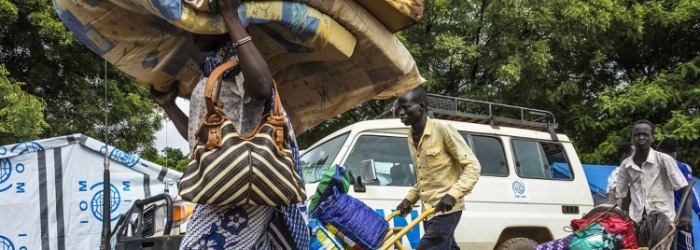
Informing the UK Foreign Commonwealth and Development Office's engagement with South Sudan's localisation agenda, this project seeks to understand the historical and political dynamics of local and national NGOs. The work investigates the way South Sudanese NGOs approach, understand and navigate the challenges of delivering aid, how they engage with wider political economies and how their ideological basis becomes reimagined in the process.
Read more here.
Localised Evidence and Decision-making (LEAD)
Addressing the need for locally relevant evidence in public health decision-making
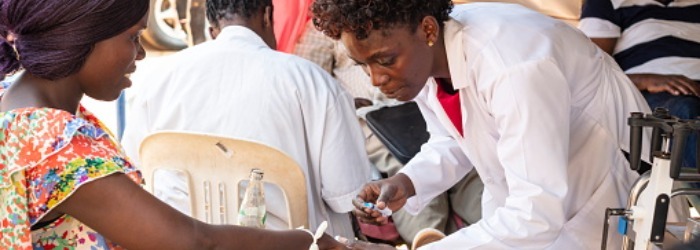
The LEAD project focuses on the transmission and control of schistosomiasis and soil-transmitted helminths around the African Great Lakes Region, with fieldwork in Kenya, Malawi, Tanzania and Uganda. Through new research and an extensive series of workshops, the project will create explicit links between local practitioners and the development evidence, identifying local evidence needs and the complexity of implementation from the local perspective.
Read more here.
Deconstructing Notions of Resilience
Exploring coping strategies and resilience in post-conflict Uganda
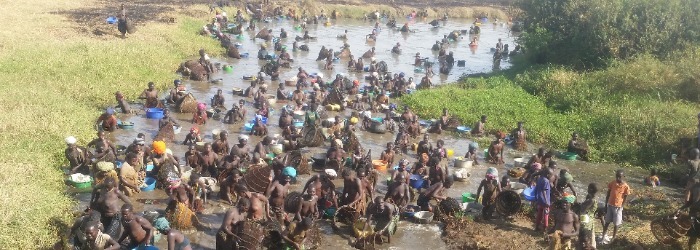
This research explores how people negotiate, experience and understand their own coping strategies and resilience, as well as how these are affected by external forces and interventions. Drawing upon historical and anthropological approaches, extensive fieldwork will focus on three post-conflict settings in Uganda: pastoralist Karamoja; areas affected by the LRA insurgency; and West Nile, which has hosted multiple waves of refugees from South Sudan.
Read more here.
A Tale of Two Valleys
Data-driven agro-innovation in California’s Central Valley and Kenya’s Rift Valley
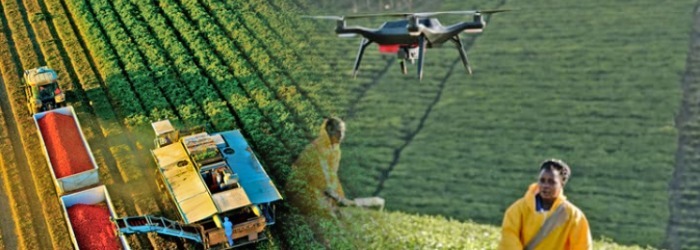
A Tale of Two Valleys uses a political economy approach to examine digital innovation and the commercialisation of digital data in agriculture across two inter-connected field sites: Kenya’s Rift Valley and California’s Central Valley. It seeks to understand how different players (tech and agritech firms, farmers, farmworkers, traders and agribusinesses, policymakers and donors) collaborate or compete to advance societal innovation while furthering their own interests.
Read more here.
Rockefeller grants
A series of projects investigating 'resilience'
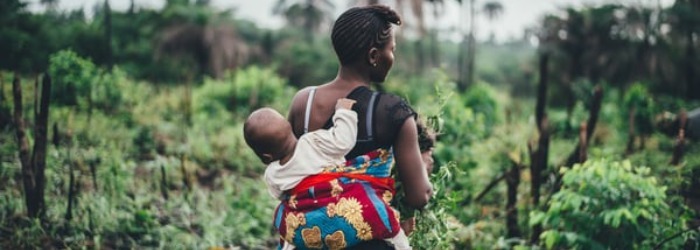
In 2016, researchers were invited to submit proposals for projects under the broad theme of ‘resilience’, focussed on developing country contexts. Now hosted by the Firoz Lalji Institute for Africa, ten projects supported by the IGA-Rockefeller Research and Impact Fund are conducted under four broad subthemes: financial resilience, climate resilience, resilient cities and resilience in post-conflict transitional processes.
Read more here.
'With or against the flow'
Water governance in Goma, DRC
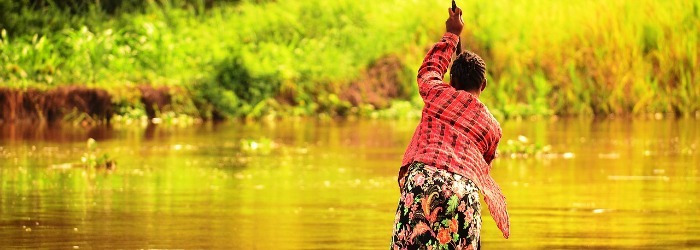
This research project examines households’ daily management, financial governance, access to water and other basic social services in the city of Goma, in the eastern Democratic Republic of the Congo. The project uses an innovative mix of social network research, ethnography and governance diaries to gain in-depth data to reveal how residents navigate public authority in insecure environments and cope with unforeseen shocks.
Read more here.
The SoPriMa Project
Understanding expanding private healthcare services in Soweto, South Africa

The SoPriMa project aims to undertake a detailed empirical investigation of the market for public and private primary care services in Soweto, Johannesburg. The project will focus on the determinants of provider performance on the one hand, and demand for private services from uninsured cash-paying patients on the other.
Read more here.
International Norms project
Examining how rights were negotiated in political transitions in Muslim majority societies
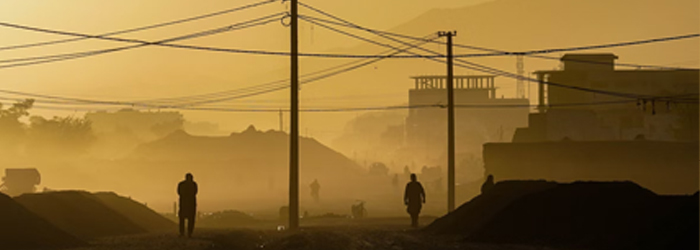
The International Norms Project(INP) is co-ordinated by the London School of Economics (LSE), in partnership with the Folke Bernadotte Academy (FBA) and other partners including the University of Uppsala.The aim of the INP is to map and compare fundamental rights and freedoms currently protected under the Afghan Constitution with Islamic teaching, traditions, and texts in Afghanistan and elsewhere.
Read more here.
The Politics of Return (now finished)
Dynamics of return and reintegration among refugees in Central and Eastern Africa
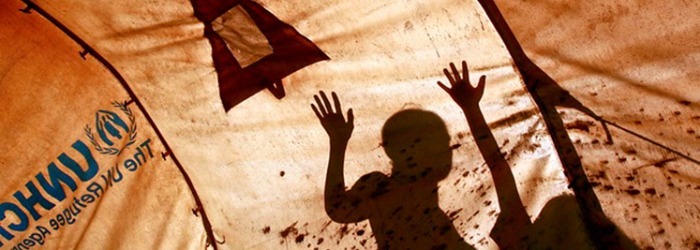
The Politics of Return aimed to fill a large gap in current knowledge on the 'lifecycle' of conflicts in Central and Eastern Africa. Drawing on anthropology, comic journalism, history, heritage studies and political science, the project focussed on the everyday experiences of those attempting to build or rebuild communities, contributing to a better understanding of how conflict-affected societies constitute or re-constitute themselves.
Read more here.
Trajectories of Displacement (now finished)
A multi-disciplinary exploration into return and social repair after mass displacement in Northern Uganda

Northern Uganda experienced one of the world's most notorious instances of forced displacement during and immediately after the Lord's Resistance Army insurgency. The Trajectories of Displacement project aimed to understand displacement and return through the perceptions and understandings of affected people while exploring models for community-centred interventions.
Read more here.